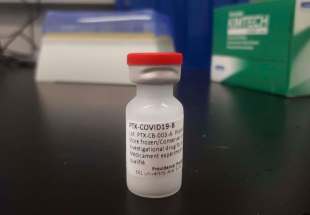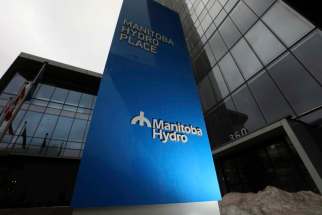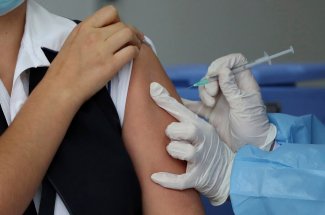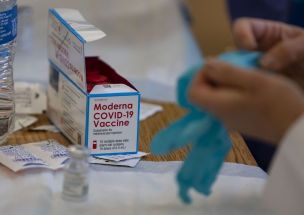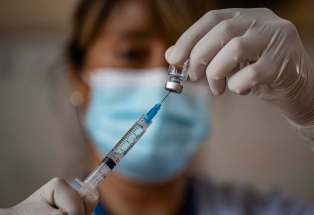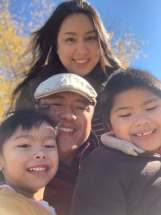Second-dose delays raise anxiety level on some First Nations Indigenous communities' supply sat in Winnipeg for 10 days, leading to concerns about COVID vaccine booster's efficacy
Read this article for free:
or
Already have an account? Log in here »
To continue reading, please subscribe:
Monthly Digital Subscription
$0 for the first 4 weeks*
- Enjoy unlimited reading on winnipegfreepress.com
- Read the E-Edition, our digital replica newspaper
- Access News Break, our award-winning app
- Play interactive puzzles
*No charge for 4 weeks then price increases to the regular rate of $19.00 plus GST every four weeks. Offer available to new and qualified returning subscribers only. Cancel any time.
Monthly Digital Subscription
$4.75/week*
- Enjoy unlimited reading on winnipegfreepress.com
- Read the E-Edition, our digital replica newspaper
- Access News Break, our award-winning app
- Play interactive puzzles
*Billed as $19 plus GST every four weeks. Cancel any time.
To continue reading, please subscribe:
Add Free Press access to your Brandon Sun subscription for only an additional
$1 for the first 4 weeks*
*Your next subscription payment will increase by $1.00 and you will be charged $16.99 plus GST for four weeks. After four weeks, your payment will increase to $23.99 plus GST every four weeks.
Read unlimited articles for free today:
or
Already have an account? Log in here »
Hey there, time traveller!
This article was published 18/02/2021 (1758 days ago), so information in it may no longer be current.
OTTAWA —The Manitoba government says it’s up to First Nations leaders to decide when Moderna doses are loaded onto planes, as chiefs question a 10-day lag in getting COVID-19 vaccines out of Winnipeg freezers.
“We have no confirmed date for the second dose,” said Sagkeeng Chief Derrick Henderson. “There’s been no explanation at all.”
Chiefs and health directors from six regions across Manitoba all told the Free Press they are proud of the work of First Nations to lead the vaccine rollout, from public messaging to deciding who qualifies for shots. But they are critical of vials for booster shots left sitting in freezers with no explanation.
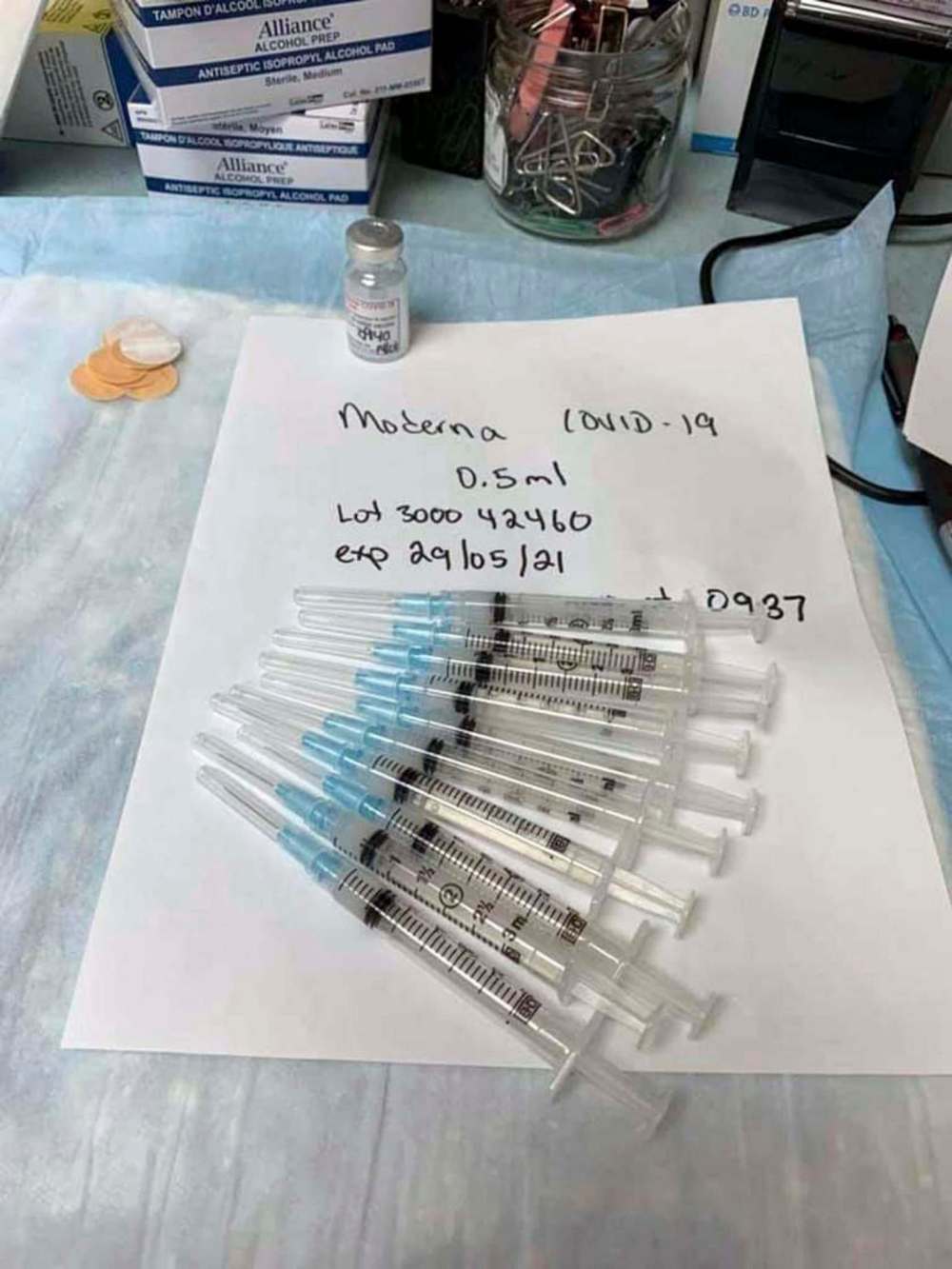
The manufacturer says patients are supposed to receive their second dose at least 28 days after their initial shot, and ideally as close to that 28-day mark as possible.
The World Health Organization and a federal panel have both said that any delay beyond six weeks could be dangerous, though Manitoba has avoided that situation so far.
Ottawa sent Manitoba’s latest shipment of Moderna doses to Winnipeg on Feb. 6. While the shipment had fewer doses than expected due to a supply-chain issue in Europe, it did not affect the number of booster shots bound for First Nations.
Yet it wasn’t until Tuesday that reserves started receiving their second doses; chiefs say they’d been given conflicting timelines and some reported last-minute notices that doses were on the way.
The chiefs have speculated that the province might be holding back supply based on remarks made by Premier Brian Pallister that many deemed to be divisive. Yet the provincial government said Thursday that it books cargo flights as soon as it gets direction from the First Nations Pandemic Response Co-ordination Team.
“Once the Moderna supply is received, based on instructions from the First Nation, Manitoba will then book the flight from Winnipeg to the airport closest to the First Nation community,” a provincial spokesman wrote.
“Working with our First Nations partners, we ensure they receive the vaccine and supplies from the northern airport to the First Nation community.”
Similarly, Indigenous Service Canada has made calls to chiefs to inform them of deliveries, but says it’s up to First Nations leaders to set the actual delivery dates.
The PRCT had no response Thursday when asked who is to blame for the 10-day lag in distribution. The group previously said it tries to send out doses as soon as possible, given logistical challenges.
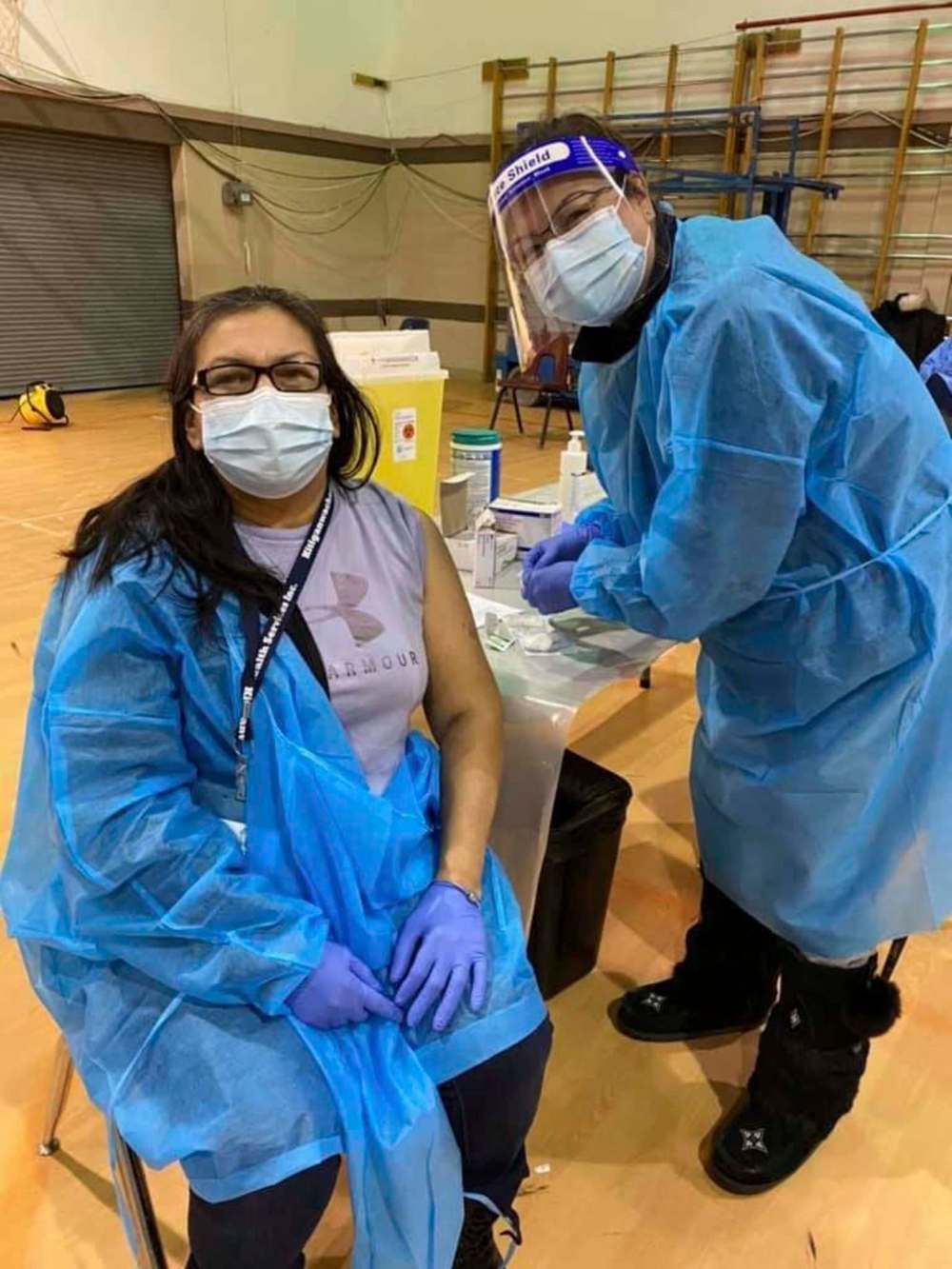
Chiefs noted the second shipment is earmarked for the patients who got shots last month, many of whom are elders and personal-care home residents. That means reserves simply need the same number of doses as last time.
“We need to make sure we get it within the next couple of weeks, for sure,” said Henderson, whose community sits 120 kilometres northeast of Winnipeg, adding he’s optimistic the doses will arrive soon.
Island Lake medical director Alex McDougall said the area’s four reserves had some difficulty assembling the initial list of vaccination candidates because of hesitancy among senior residents.
The community is expecting to receive its second doses early next week, which would be within the six-week window for maximum efficacy, but more than a week after the original estimated delivery date.
McDougall said giving patients incorrect information on when they can expect a second dose is not helping secure buy-in for the vaccines.
“The wait on the second dose is adding to the community’s frustration,” said McDougall, who leads the Four Arrows Regional Health Authority.
“There’s concern about extending that wait period, to a time frame where (patients) are questioning the effectiveness of the vaccination.”
“The wait on the second dose is adding to the community’s frustration.”-Alex McDougall, Island Lakes medical director.
Oxford House Chief Richard Hart said his community expects doses at the end of next week, which is three weeks later than expected. That would be either exactly six weeks after the the first delivery, or a few days beyond.
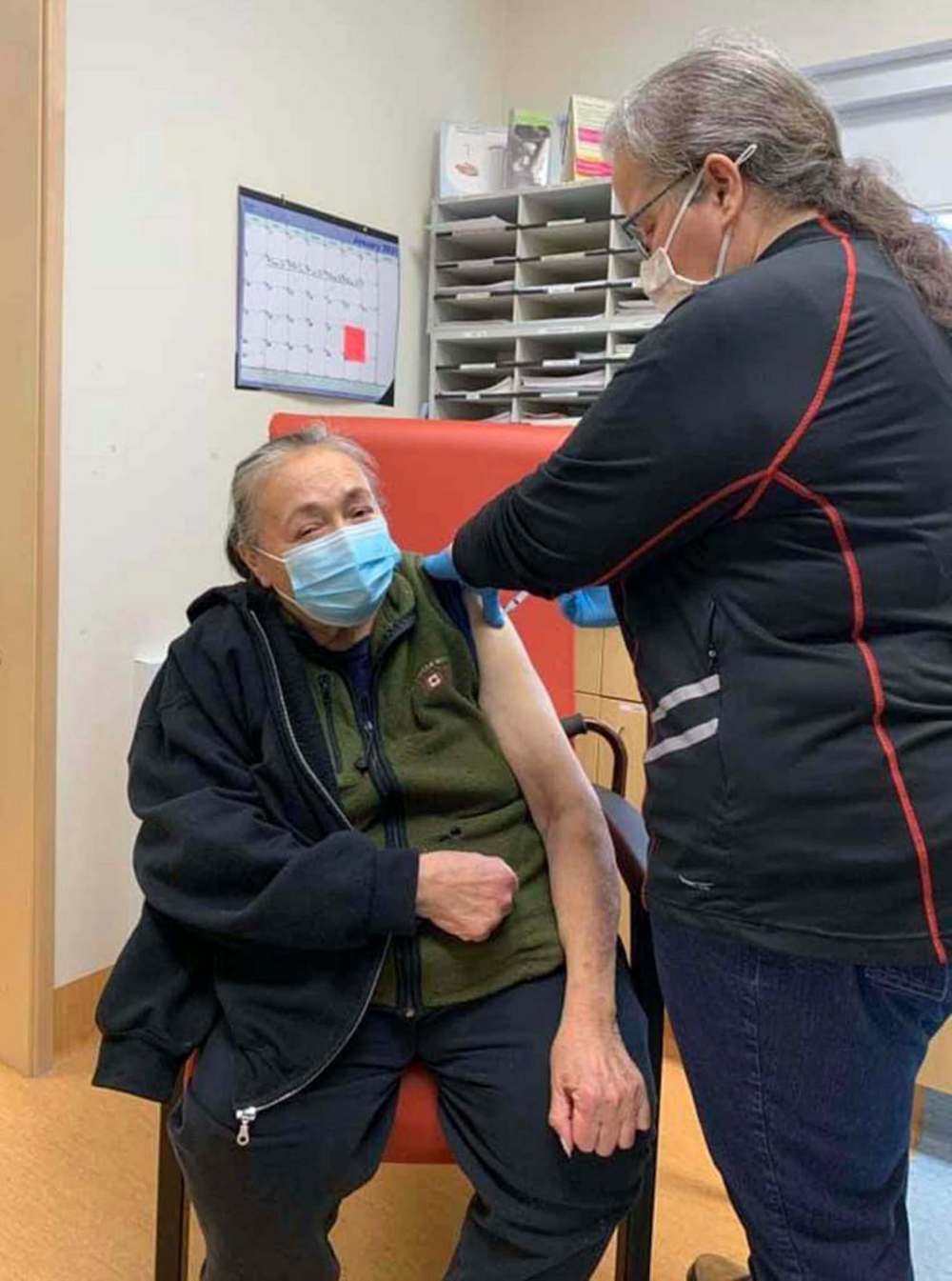
“I think everybody’s OK with that,” said Hart, whose community is known locally as Bunibonibee.
He said the vaccines are a sign of hope for a community that was in crisis just two months ago, when dozens of care-home residents had to be evacuated 950 kilometres south to Winnipeg.
The elders have returned and received their first injection, and only one reserve resident currently has the coronavirus; 332 others have recovered.
“It has been a very grinding process for everyone,” Hart said. “It would have been nice to get the vaccine as scheduled, but you have to trust the judgment of medical professionals when it comes to the rollout.”
dylan.robertson@freepress.mb.ca
History
Updated on Thursday, February 18, 2021 7:29 PM CST: Updates bg photo.

